On June 20, the Canadian federal government officially announced - the final regulations for the ban on single-use plastic containers landed! Effective December of this year! This means that now commonly used plastic items, such as shopping bags, cutlery, straws, stir sticks, etc., will all be banned and eventually disappear completely!
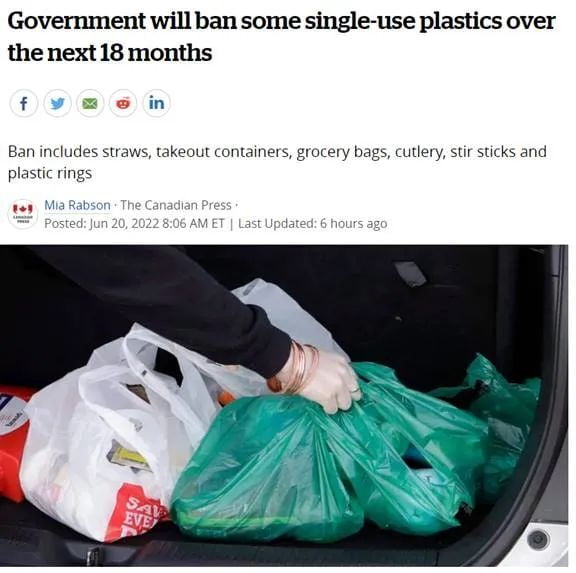
Federal Environment and Climate Change Minister Gilbert (Steven Guilbeault) and Health Minister Jean-Yves Duclos (Jean-Yves Duclos) jointly stated that the plastic ban includes single-use shopping bags, tableware, food and beverage containers, ring-shaped portable packaging, stir sticks and most straws.

From the end of 2022, Canada officially prohibits companies from importing or producing plastic bags and take-out boxes; from the end of 2023, these plastic products will no longer be sold within the country; and by the end of 2025, not only will they not be produced or imported, all of these Canadian plastic products cannot be exported elsewhere!
Canada's goal is to achieve "zero plastic in landfills, beaches, rivers, wetlands, and forests" by 2030, so that plastic disappears in nature.
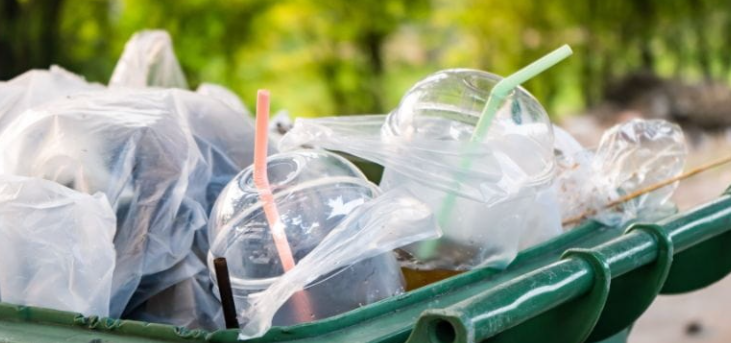
In addition to plastic bags and take-out containers, this ban is in effect for disposable plastic straws, stirring sticks and knives, six cans or water bottle retaining rings!
This time the Canadian federal announcement of new regulations, a total of six major categories of single-use plastic products -
Plastic shopping bags
previously provided free plastic shopping bags, will completely disappear from people's lives, unified with paper bags or environmentally friendly shopping bags instead.
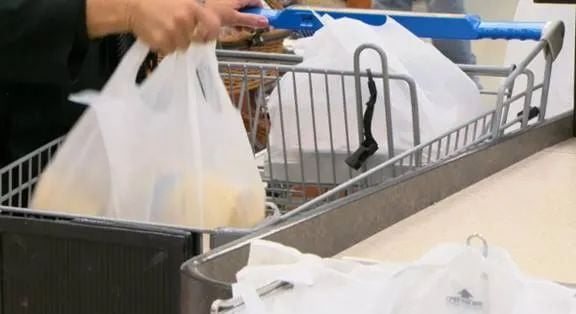
Plastic tableware
Plastic tableware commonly used for parties at home and picnics, including knives and forks, spoons and chopsticks, are all banned and will be gradually withdrawn from the market, and may not be produced, sold, imported or exported.
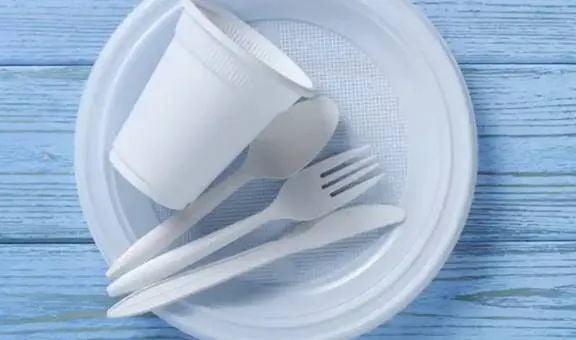
Plastic containers
Meal boxes and beverage cups commonly used in restaurants that are made of expanded polystyrene foam, extruded polystyrene foam, polyvinyl chloride, carbon black and an oxidatively degradable plastic, including flip-top containers, covered containers, boxes, cups, plates and bowls, are prohibited.
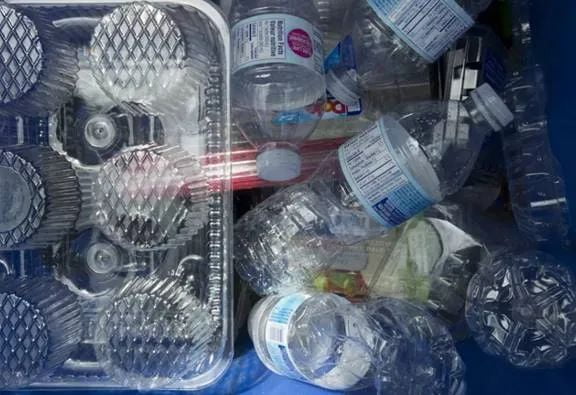
Ring-shaped portable packaging(six-pack rings)
The ring-shaped portable packaging on top of the 6-pack cans of soft drinks sold in supermarkets will also be abandoned.
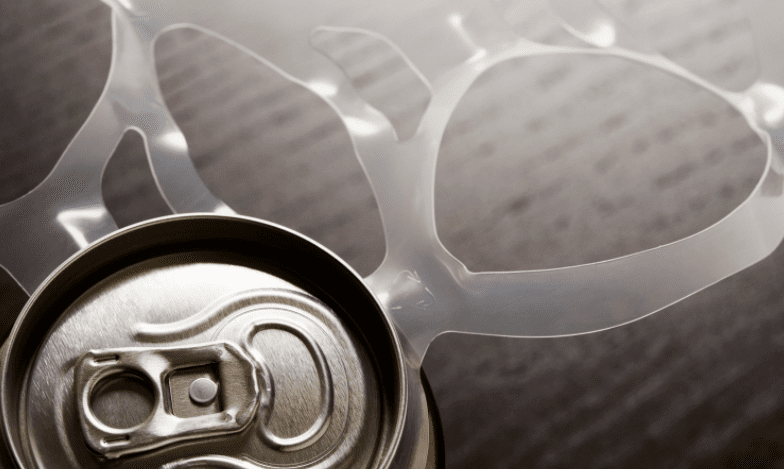
Stirring rod
Plastic sticks used to stir or mix drinks or to prevent drinks from spilling out of the container's lid will also be banned altogether.
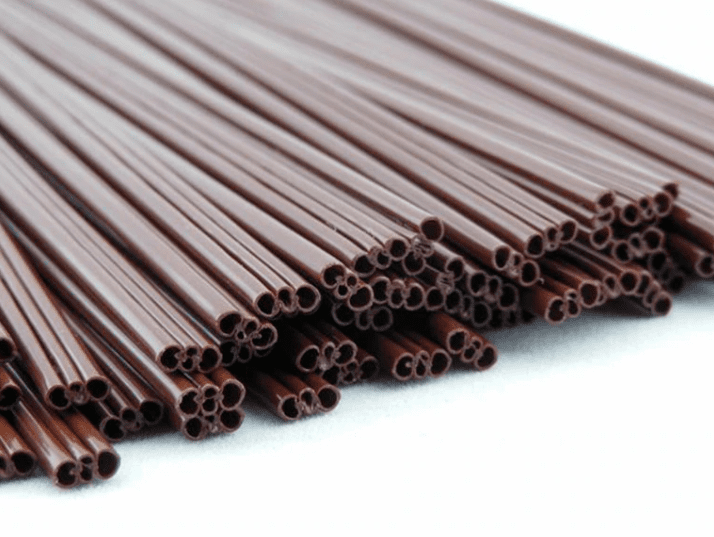
Straws
straws may be more adapted to the Canadian government's ban on plastic this time includes soft and hard drink straws, all banned.
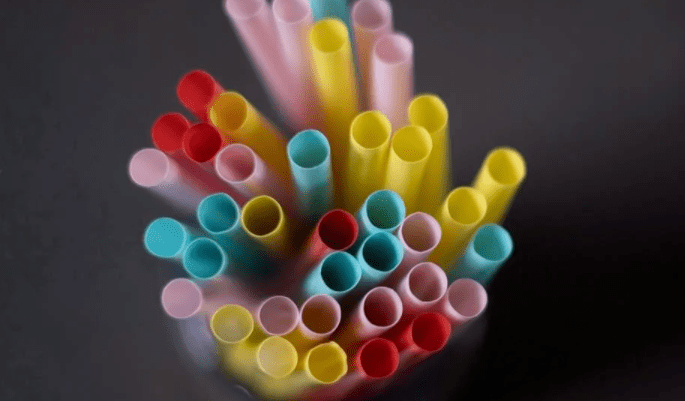
With special exceptions for industries and establishments, Canada will ban the manufacture and import of these single-use plastics, and this regulation will come into effect in December 2022!
"This (phased ban) will provide Canadian businesses with enough time to transition and deplete their existing stockpiles. We have promised Canadians that we will ban single-use plastics and we are fully committed to doing so."
Gilbert also said that when it comes into effect this December, Canadian businesses will offer sustainable solutions for people, including paper straws and reusable shopping bags.
Vancouver and Surrey have already taken the lead in implementing the plastic ban, and Victoria has since followed suit.
From the beginning of this year, many supermarkets, have begun not to provide disposable shopping bags, only to provide paper bags, go out to make sure to bring environmentally friendly shopping bags.
Beginning April 22, Walmart Canada joined the ranks, officially implementing the plastic ban.

McDonald's and other fast food restaurants, straws are replaced with paper straws, even paper bags have begun to charge, you can see the determination to ban plastic in Canada.
According to rough statistics, Canada uses up to 15 billion plastic shopping bags every year, and about 16 million plastic straws every day. Such single-use plastic, accounting for a large percentage of white waste in the country's major beaches, seriously affecting the country's environment and ecology!
One of the Canadian government's priorities is the environment, and determination can be seen in acts such as the Energy Conservation and Carbon Reduction Act and the Plastic Ban.
Over the next 10 years, the government's plastic ban will eliminate more than 1.3 million tons of hard-to-recycle plastic waste and reduce plastic pollution by more than 22,000 tons, which is equivalent to more than 1 million garbage bags of plastic.
In fact, this plastic ban is just the beginning. These six plastic products account for only about 5% of the nation's plastic waste.
In 2021, France has banned most of these plastic items, and this year has begun a gradual ban on plastic packaging for more than 30 types of fruits and vegetables, plastic packaging for newspapers, non-biodegradable plastic in tea bags, and free plastic toys for children distributed with fast food.
Canada's Environment Minister also acknowledged that Canada is not the first country to ban plastic, but is in the lead.
On June 7, a study in The Cryosphere, the journal of the European Geosciences Union, shocked the world by showing that scientists had found microplastics in snow samples from Antarctica for the first time!
The appearance of microplastics in Antarctic waters occurred back in 2018, but the discovery of these pollutants in the snow in Antarctica is the first of its kind and has raised the concern of environmentalists from all walks of life around the world.
The researchers found that each liter of melted snow contained an average of 29 plastic particles. The impact of microplastics reaching remote areas like Antarctica is undoubtedly huge.
Over millions of years, Antarctic organisms have adapted to extreme environmental conditions, and human-induced environmental changes are threatening the ecosystem of the "last clean slate on Earth".
Once microplastics are present in snow and ice in high mountains or polar regions, they may accelerate the melting of the cryosphere by absorbing sunlight and enhancing local heating; in addition, microplastics may further affect climate through atmospheric cloud ice nuclei.
The whole environment is interlinked and closely related, and human beings, with their own power, destroy the natural ecosystem, and eventually the retribution comes back to their own heads, and the various extreme weather phenomena in recent years are the best examples.
But no matter what, Canada's plastic ban announced today, is indeed a step forward, Canadians' daily life will follow a radical change, go to the supermarket to buy things, to the backyard to throw the garbage, need to pay attention to the use of plastic, adapt to the "plastic ban life".
Not only is it really for the sake of the earth, or for the sake of mankind not to destroy itself, environmental protection is a major issue, worthy of deep thought, I hope we can all take action to protect the earth we depend on.

